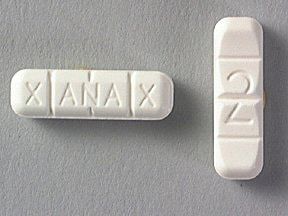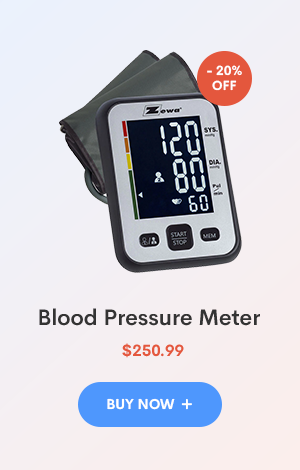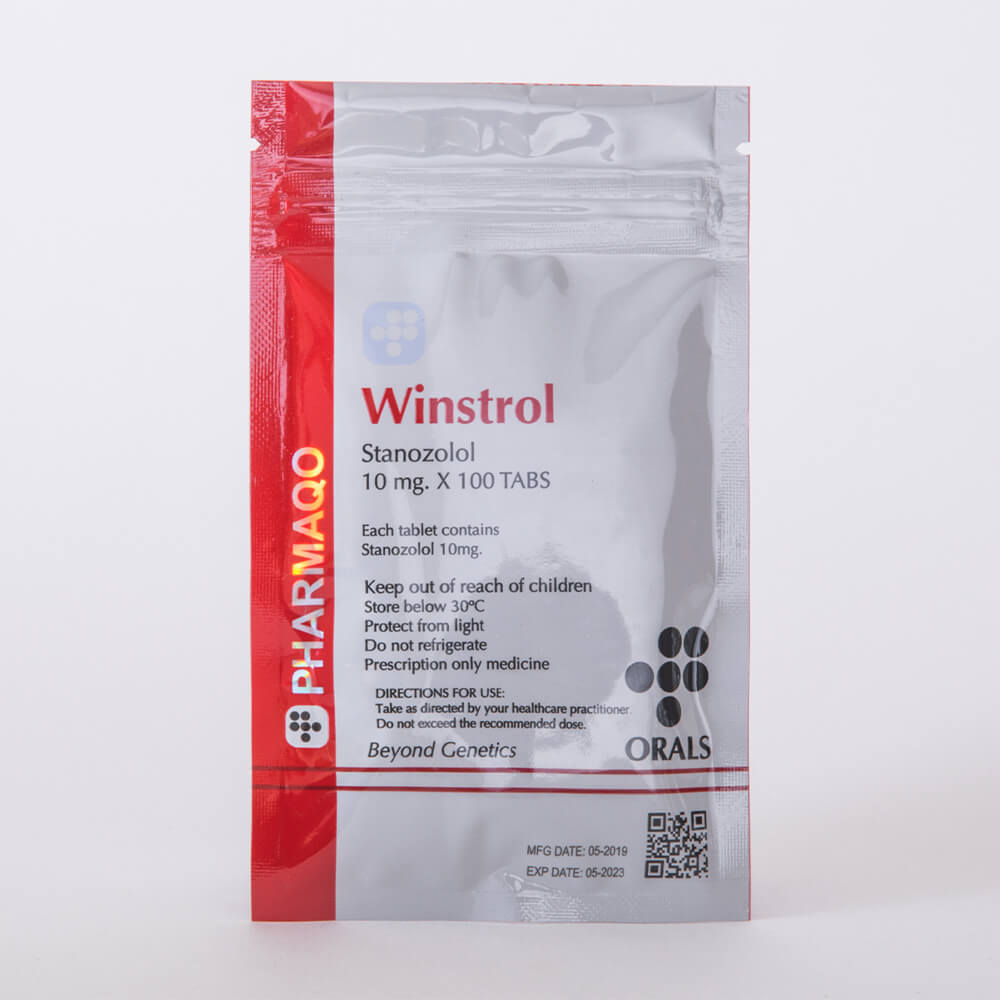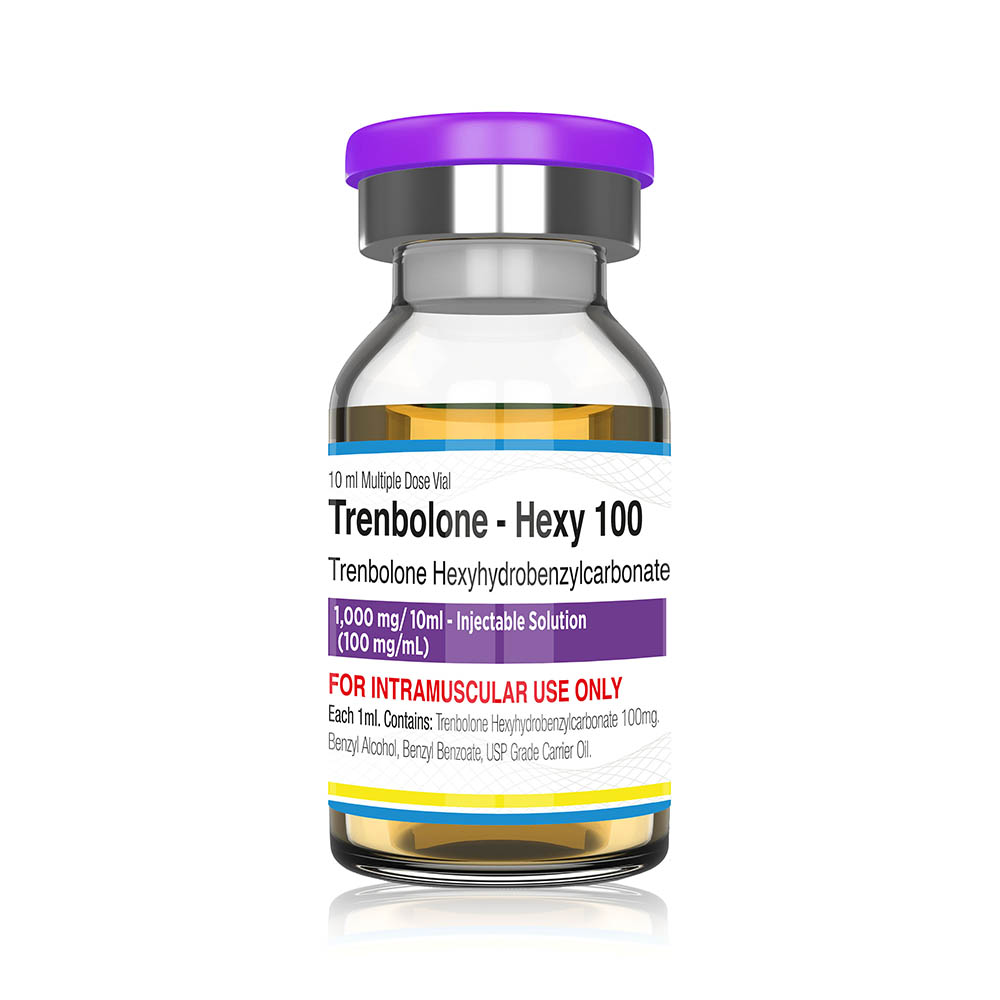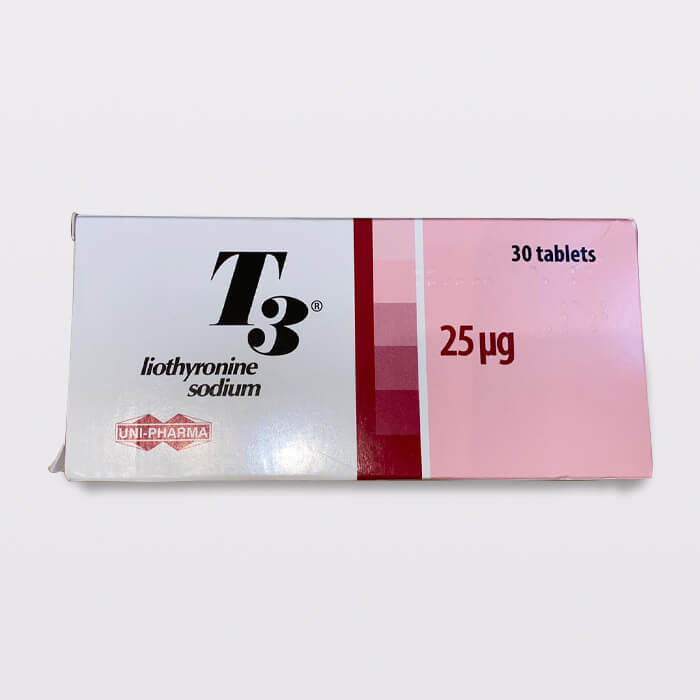Description
Drug classification of Xanax 2mg:
Brand name: Xanax 2mg Bars (singularly)
Active substance: Alprazolam
Form: 2mg tablet
Active half-life: 11.2 hours
Dosage: 0.25-2mg/day
Addictiveness: High
Dependence potential: High
Abuse potential: High
Withdrawal symptoms: Yes
What is Xanax 2mg?
Xanax 2mg, often referred to as “Xanax Bars,” is a potent benzodiazepine medication renowned for its ability to alleviate symptoms of anxiety and panic disorders. Each tablet contains 2 milligrams of the active ingredient, alprazolam, providing rapid relief from the debilitating effects of anxiety.
Recommended Dosage for Xanax 2mg
The recommended dosage of Xanax 2mg varies depending on the severity of the condition being treated and individual response to the medication. Typically, the initial dose for adults is 0.25 to 0.5 mg taken three times daily. This dosage can be gradually increased under medical supervision to achieve the desired therapeutic effect, not exceeding 4 mg daily.
How Does Xanax 2mg Work?
Xanax 2mg works by enhancing the activity of gamma-aminobutyric acid (GABA), a neurotransmitter in the brain that promotes feelings of calmness and relaxation. By binding to specific receptors in the brain, Xanax 2mg enhances the inhibitory effects of GABA, resulting in a reduction of excessive neuronal activity associated with anxiety and panic disorders.
Benefits of Xanax 2mg
- Rapid onset of action for immediate relief from anxiety symptoms.
- Effective in treating various anxiety disorders, including generalized anxiety disorder (GAD) and panic disorder.
- Promotes relaxation and reduces feelings of tension and apprehension.
- Helps alleviate physical symptoms of anxiety, such as muscle tension and restlessness.
- Can be used as needed to manage acute episodes of anxiety or taken regularly for long-term symptom control.
When Should You Take Xanax 2mg?
Xanax 2mg is typically taken when symptoms of anxiety or panic occur or as prescribed by a healthcare professional. It is essential to follow the recommended dosage and dosing schedule to achieve optimal therapeutic benefits while minimizing the risk of adverse effects.
When Should You Not Take Xanax 2mg?
Xanax 2mg should not be taken by individuals with a history of hypersensitivity to benzodiazepines or alprazolam. It is contraindicated in patients with severe respiratory insufficiency, acute narrow-angle glaucoma, and myasthenia gravis. Xanax 2mg should also be avoided during pregnancy and lactation due to potential risks to the fetus or nursing infant.
What is the Mechanism of Action of Xanax 2mg?
The mechanism of action of Xanax 2mg involves its interaction with GABA receptors in the central nervous system, leading to enhanced inhibitory neurotransmission and a subsequent reduction in anxiety-related symptoms. By modulating GABAergic neurotransmission, Xanax 2mg exerts its anxiolytic, sedative, and muscle relaxant effects.
Uses of Xanax 2mg
Xanax 2mg is indicated for the management of anxiety disorders, including generalized anxiety disorder (GAD) and panic disorder, as well as for the relief of symptoms associated with anxiety-related conditions. It may also be prescribed off-label for the treatment of other medical conditions, such as insomnia and irritable bowel syndrome (IBS).
Warnings and Precautions for Xanax 2mg
- Xanax 2mg has the potential for abuse, dependence, and addiction, particularly with prolonged use or at high doses. It should be used with caution in individuals with a history of substance abuse or addiction.
- Abrupt discontinuation of Xanax 2mg may result in withdrawal symptoms, including rebound anxiety, insomnia, tremors, and seizures. Gradual tapering of the medication is recommended under medical supervision to minimize withdrawal effects.
- Xanax 2mg may impair cognitive and motor functions, including driving and operating machinery. Patients should avoid activities requiring mental alertness until they are aware of how the medication affects them.
- Use of Xanax 2mg in elderly or debilitated patients may increase the risk of falls and other adverse effects. Lower doses and close monitoring are advised in this population.
Side Effects of Xanax 2mg
Common side effects of Xanax 2mg may include drowsiness, dizziness, lightheadedness, headache, blurred vision, dry mouth, and gastrointestinal disturbances. Less frequently reported side effects include confusion, memory impairment, changes in libido, and paradoxical reactions such as agitation or aggression.
Drug Interactions of Xanax 2mg
Xanax 2mg may interact with other medications, including other central nervous system depressants such as alcohol, sedatives, hypnotics, and opioid analgesics, increasing the risk of respiratory depression, sedation, and coma. Concurrent use of Xanax 2mg with certain medications, such as antifungal agents, antidepressants, and anticonvulsants, may also affect the metabolism and clearance of alprazolam, leading to potentially serious interactions.
Storage for Xanax 2mg
Xanax 2mg should be stored at room temperature away from light and moisture, in a tightly closed container, out of reach of children and pets. Avoid storing the medication in the bathroom or kitchen where it may be exposed to heat and humidity. Dispose of any unused or expired medication properly according to local regulations.
Where to Buy Xanax 2mg?
Xanax 2mg is available by prescription from licensed healthcare providers, including physicians, psychiatrists, and nurse practitioners. It can be obtained from retail pharmacies, online pharmacies visit our website Buy steroids online uk, and mail-order pharmacies with a valid prescription. Patients should ensure they purchase Xanax 2mg from reputable sources to ensure the quality and authenticity of the medication.
Frequently Asked Questions
Q: Can Xanax 2mg bars be cut or broken into smaller doses?
A: While it’s physically possible to cut Xanax bars into smaller doses, it’s important to consult with a healthcare professional before doing so. Altering the prescribed dosage without medical guidance can affect its efficacy and pose risks.
Q: How long does it typically take for Xanax 2mg bars to start working?
A: Xanax usually begins to take effect within 15 to 60 minutes after ingestion. However, individual responses may vary based on factors like metabolism and dosage.
Q: Are there any potential interactions between Xanax 2mg bars and other medications or substances?
A: Yes, Xanax can interact with various drugs, including certain antidepressants, antihistamines, and opioids. It’s crucial to inform your healthcare provider about all medications and supplements you’re taking to avoid adverse effects.
Q: Can Xanax 2mg bars be addictive?
A: Yes, Xanax belongs to a class of drugs called benzodiazepines, which have the potential for addiction, especially with prolonged or improper use. It’s essential to use Xanax strictly as prescribed and to discuss any concerns about dependence with a healthcare professional.
Q: What precautions should be taken when using Xanax 2mg bars?
A: It’s essential to avoid alcohol and other central nervous system depressants while taking Xanax, as they can increase the risk of serious side effects like respiratory depression and sedation. Additionally, Xanax should not be abruptly discontinued without medical supervision to prevent withdrawal symptoms.
Q: Can Xanax 2mg bars be taken during pregnancy or while breastfeeding?
A: Xanax should generally be avoided during pregnancy, especially during the first trimester, due to the potential risk of birth defects and withdrawal symptoms in newborns. Similarly, it’s not recommended during breastfeeding as it can pass into breast milk and affect the infant.
Q: Are there any lifestyle changes recommended while taking Xanax 2mg bars?
A: Along with medication, incorporating stress-reducing activities such as exercise, meditation, and therapy can be beneficial in managing anxiety. Maintaining a consistent sleep schedule and avoiding caffeine and nicotine may also help optimize treatment outcomes.

